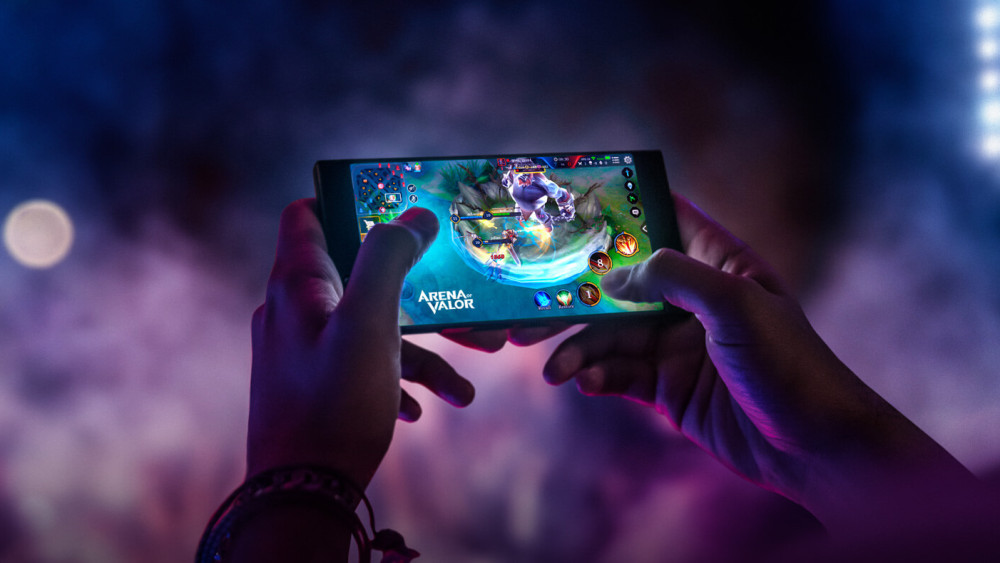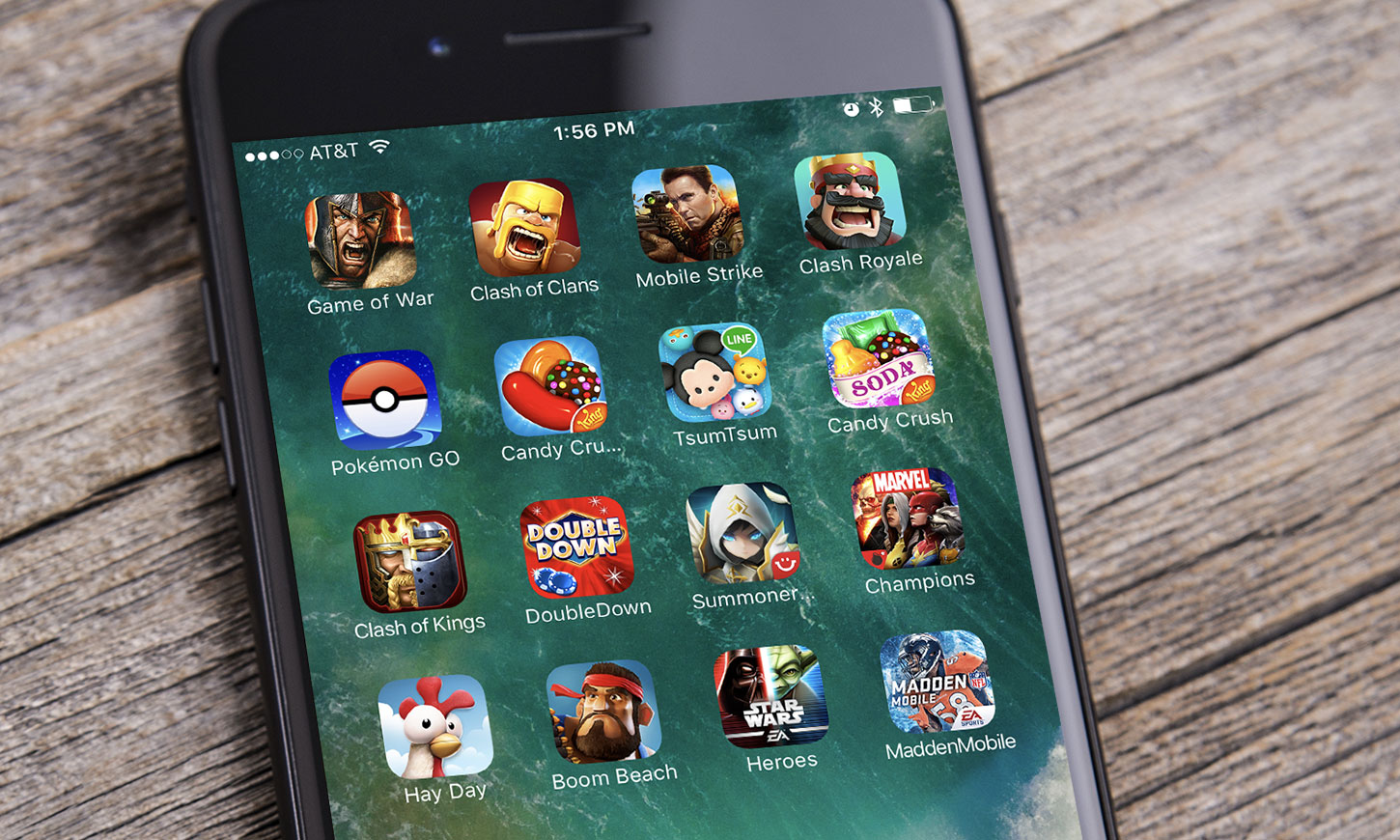Recently, gaming has seen an incredible transformation, with mobile gaming becoming a dominant force within the industry. Once considered a mere pastime for casual players, mobile gaming now accounts for multi-billion-dollar markets with audiences of all ages and demographics captivated. This article delves into mobile gaming’s meteoric rise while discussing its impact, trends, and prospects.
Mobile Gaming Has Evolved Over Time
Gone are the days when mobile gaming was synonymous with simple, pixelated titles like Snake or Tetris. Today’s smartphones and tablets boast sophisticated hardware capabilities with high-resolution displays for immersive gaming experiences on par with those found on traditional consoles or PCs. Thanks to app stores such as Apple App Store and Google Play Store, players have access to an ever-expanding library of puzzle, strategy, action, and role-playing titles that span various genres – and app stores allow them to find them more easily!
Accessibility Factor
One of the primary drivers behind mobile gaming’s surge in popularity is its accessibility. Unlike traditional platforms that require costly specialized hardware and are only suitable for certain situations, mobile games can be played on phones that are already part of everyday life – smartphones. From waiting for buses or trains to lounging around at home – players can access their favorite titles anytime, anywhere with just a few taps on their screens! This accessibility has revolutionized gaming by making it more inclusive and appealing to a wider audience.
Mobile gaming has revolutionized social gaming, allowing players to connect and compete against both friends and strangers alike. From multiplayer battles and cooperative missions to leaderboard challenges and in-game chat features, mobile games foster an atmosphere of community among players from around the globe. Social media integration amplifies this sense of unity as users share their gaming achievements, screenshots, and experiences with their followers – further increasing engagement and retention rates.
Monetization Strategies
Developers have taken multiple monetization approaches to capitalize on the mobile gaming boom, from providing free-to-play games supported by ads or in-app purchases to employing subscription models where players pay an ongoing fee to gain access to premium content or exclusive perks; to gacha mechanics that involve spending real or virtual currency to obtain random rewards – some methods have created controversy such as loot boxes or pay-to-win mechanisms, while others have reached an equilibrium between profitability and player satisfaction Slot Demo PG.
Emerging Trends
Several trends are poised to influence the future of mobile gaming. Augmented reality (AR) and virtual reality (VR) technologies promise greater immersion and interactivity, blurring the line between virtual reality (VR) and reality (real). Cloud gaming services like Google Stadia and Microsoft xCloud aim to deliver console-quality experiences via streaming without needing powerful hardware. Furthermore, blockchain-based gaming ecosystems present new opportunities for ownership, interoperability, and decentralized economies within virtual worlds.
Challenges and Opportunities in EI: Implications
Even as its rapid expansion has increased, the mobile gaming industry still faces some of its own set of obstacles. Concerns around data privacy, addiction, and predatory monetization practices have resulted in calls for regulation and accountability measures; also due to an overwhelming amount of games flooding the market, it’s become more challenging for developers to discover or retain players leading to innovative marketing strategies and quality assurance measures being put in place for success.
However, among these challenges lie numerous opportunities for innovation and expansion. Advancements in hardware and software technology offer developers new creative possibilities and allow them to push mobile gaming even further. Furthermore, increasing demand for immersive, story-driven experiences provides indie developers and established studios alike the chance to craft compelling narratives and unforgettable gameplay experiences that resonate deeply with players.
Conclusion
Mobile gaming represents a pivotal shift in the gaming landscape, making smartphones and tablets legitimate gaming platforms capable of rivaling traditional consoles and PCs. Thanks to its accessibility, social connectivity, and diverse monetization models, mobile gaming has attracted audiences around the globe and shows no sign of slowing down anytime soon. As technology develops and consumer tastes change over time, the mobile gaming industry looks set for further growth and innovation as part of interactive entertainment for years to come.












